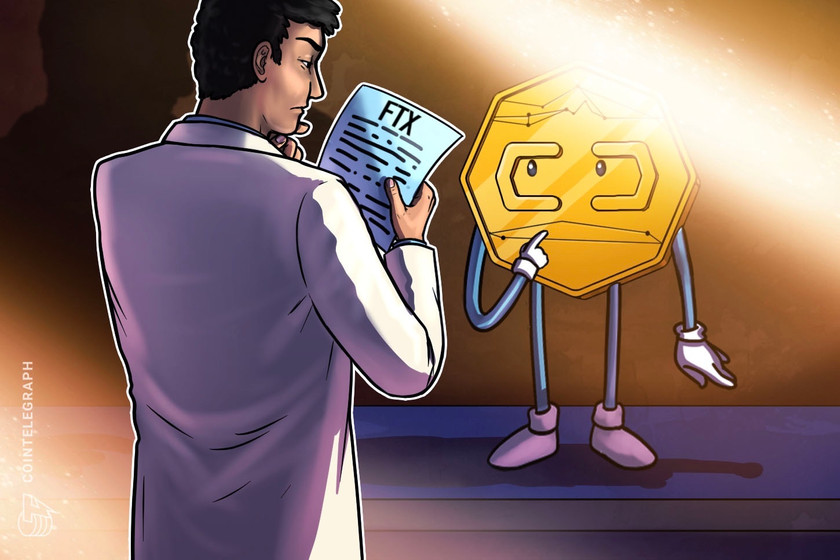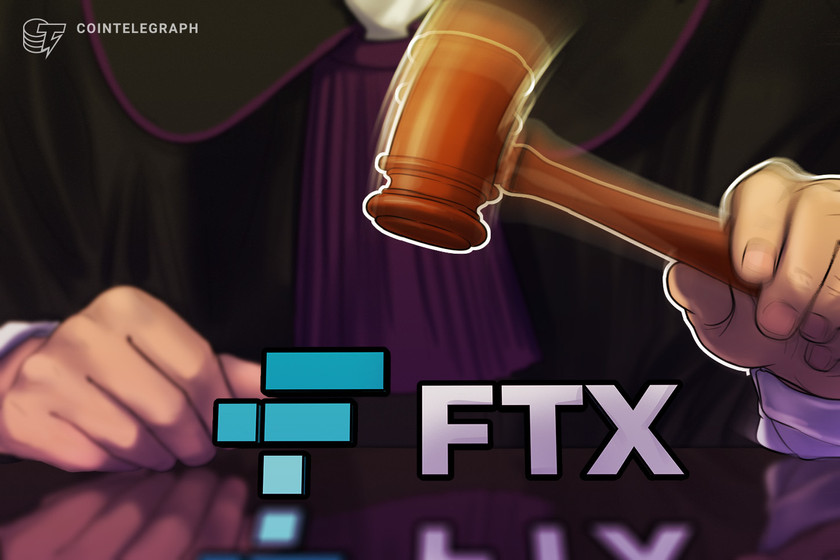Spreading misinformation about Changpeng Zhao ‘was the norm’ for SBF, says Binance CSO


Binance chief strategy officer Patrick Hillmann claimed former FTX CEO Sam Bankman-Fried was “constantly” using his platform to disparage CZ without considering the FTX Token sale.
Former FTX CEO Sam Bankman-Fried used Twitter and other means to spread “fake rumors” about Binance CEO Changpeng “CZ” Zhao, according to a Binance executive.
In an April 21 Twitter thread, Patrick Hillmann — the chief strategy officer at Binance — said Bankman-Fried, also known as “SBF,” used his influence to label CZ as an “evil Chinese” through “fake rumors” to perpetuate his alleged scams at FTX. Prior to and following FTX filing for bankruptcy in November 2022, SBF and CZ’s public relationship was often antagonistic, though the two exchanges had financial ties.
“Sam denigrating CZ was the norm for us,” said Hillman. “Had nothing to do with deciding to sell the worthless FTT on the company’s books.”
A great read by @WilliamCohan at @PuckNews. One thing they missed, Sam was CONSTANTLY spreading fake rumors about @cz_binance, because shading him as an “evil Chinese” was critical to his scam. You can’t pretend to be Luke Skywalker without Darth Vader.https://t.co/oi9JxsqPyz
— Patrick Hillmann (@PRHillmann) April 20, 2023
In November, CZ announced plans for Binance to liquidate its position in FTX Token (FTT) prior to FTX’s bankruptcy, hinting that Binance would consider purchasing the competitor. When the deal fell apart and FTX filed for Chapter 11, the two industry heads traded barbs through social media, with CZ calling SBF a “fraudster” and the former FTX CEO suggesting that Zhao lied about the buyout discussions.
Related: New FTX documentary to spotlight SBF-CZ relationship
Zhao continues to lead Binance as CEO and regularly posts messages on social media amid changes to the regulatory environment for crypto firms. Bankman-Fried, in contrast, faces 13 federal charges, including those related to bribery and wire fraud, and has only limited internet access as part of his bail conditions.
Magazine: Can you trust crypto exchanges after the collapse of FTX?






















